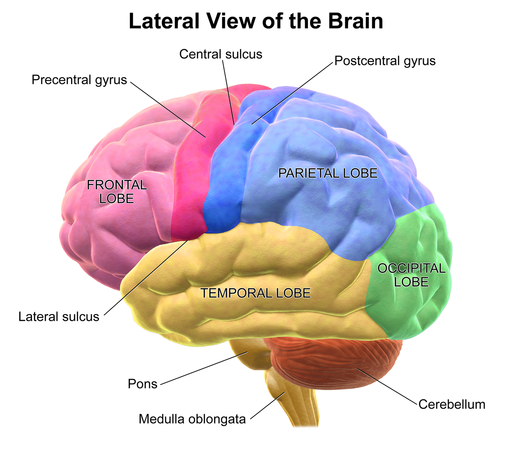If there’s one thing everyone has in common, it’s sleep. Regardless of age, gender, race or religion, without enough sleep we fail to function normally. As you’ve probably experienced, a lack of sleep can be detrimental for mood and focus. Lose enough of it and you are more prone to serious health issues like heart disease, diabetes and even death. The amount of sleep we’ve had seems to be one of the things we think about (read: regret) daily, but what about how it happens? This article aims to introduce sleep as a fascinatingly interwoven structure of processes, not just a simple currency of life, exploring the inner workings of the brain that might be responsible for how it happens. The reasons behind
how we sleep are distinct from
the potential reasons behind why we sleep, which we covered in a previous article (and video).
So,
what is sleep? The definition of most verbs (for example,
running[1]) describes how it happens. However anywhere you look, sleep is not currently defined in this way. Instead, its physiological effects are outlined. Breathing slows, most muscles are relaxed and the eyes go through varying periods of rapid movement, called REM. Sleep is defined in this way because we don’t know how it happens.
 |
| We can fall asleep before we've even been born, but how do we do it? Photograph ©peasap via Flickr (CC-BY) |



